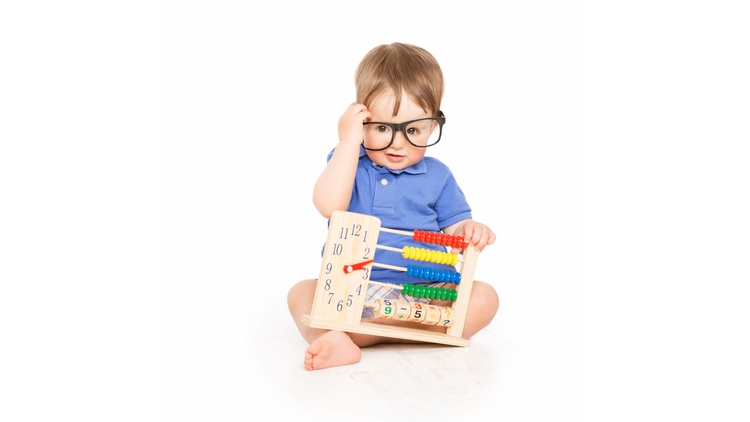Early childhood learning can help set children up for success later in life.
Lack of education as a young child can lead to an increase for at-risk kids regarding dropout rates, teen pregnancies, tendencies to commit crimes, and disregard for a college education.
Learning at a young age increases a child’s interests not only in the world but also in how they socialize, communicate, and solve problems.
EFFECTS ON READING
Developing skills before reaching school can help prevent at-risk children from dropping out as they mature.
Language and literacy skills are tools your child needs for the extent of their life. Learning basic reading skills such as letters, the alphabet, and words can prepare them for school and further development.
Reading at a young age is also an incredible way to bond with your child. Pictures associated with words can be a delightful aspect of a young mind, and many children enjoy being read to, reading, seeing pictures, and sounding out words.
EFFECTS ON MATH
Recently, efforts have been made by education professionals and researchers to observe children and their retention of math skills.
When children learn the basic concepts of reading it usually begins with learning the alphabet, the left-to-right flow of the words, and then the words themselves. Math, however, seems to be learned in whatever fashion suits the child. Some young children grasp the more difficult concepts at first, while others take their time and master the basics of counting or fundamentals.
The effects of education or lack thereof can affect a child’s ability to keep up in school. Learning the basics of numbers is one of the key first steps to take. Early math learning helps set a foundation for the child for school years, allowing them to be better prepared. Early math education and skills also help a child’s understanding of more complicated mathematics and help them retain more information.
A popular saying is that the parents + the school = success when it comes to the initial learning of math.
START EARLY
Children are born into the world being curious.
Their education begins as infants as they learn to communicate by recognizing voices and by voicing their wants and needs. Children learn to adapt and grow to not only survive but to succeed in life.
With the assistance of parents and teachers, a child can be guided in the right direction as fundamentals of both reading and math are introduced.
Michelle Dell’Aquila is a licensed therapist and the director of Child Development Advice, an educational consulting agency. She can be reached at parentingcoachonline.com
Related Story: Is Your Child Ready for School?
For more education coverage, visit longislandpress.com/category/education
Sign up for Long Island Press’ email newsletters here. Sign up for home delivery of Long Island Press here. Sign up for discounts by becoming a Long Island Press community partner here.

































